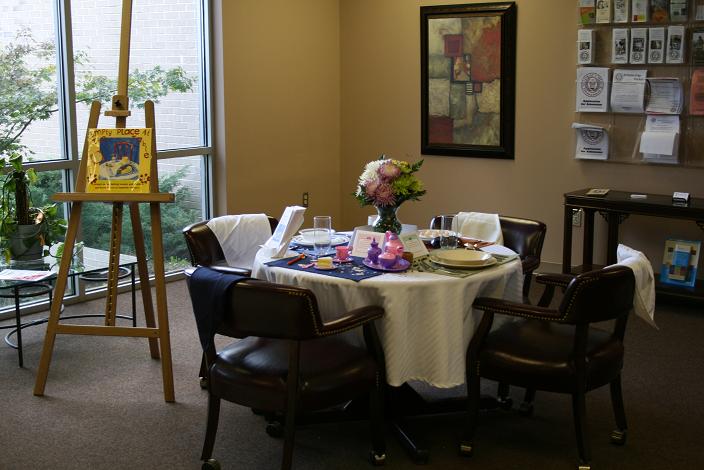National Stalking Awareness Month Resolution Submitted to the House of Representatives
H. RES. 46
111th CONGRESS
1st Session
Raising awareness and encouraging prevention of stalking by establishing January 2009
as `National Stalking Awareness Month.'
IN THE HOUSE OF REPRESENTATIVES
January 9, 2009
Mr. POE of Texas (for himself, Mr. COSTA, Ms. EDWARDS of Maryland, Mrs.
MALONEY, Mr. MOORE of Kansas, Ms. ROYBAL-ALLARD, Ms. MATSUI, and Mr.
MARCHANT) submitted the following resolution; which was referred to the
Committee on the Judiciary
--------------------------------------------------------------------------------
RESOLUTION
Raising awareness and encouraging prevention of stalking by establishing January 2009
as `National Stalking Awareness Month'.
Whereas an estimated 1,006,970 women and 370,990 men are stalked annually in the
United States and, in the majority of such cases, the person is stalked by someone who is
not a stranger;
Whereas 81 percent of women, who are stalked by an intimate partner, are also physically
assaulted by that partner, and 76 percent of women, who are killed by an intimate partner,
were also stalked by that intimate partner;
Whereas 74.2 percent of stalking victims reported that the stalking partner interfered with
their employment, 26 percent of stalking victims lose time from work as a result of their
victimization, and 7 percent never return to work;
Whereas stalking victims are forced to take drastic measures to protect themselves, such
as relocating, changing their addresses, changing their identities, changing jobs, and
obtaining protection orders;
Whereas stalking is a crime that cuts across race, culture, gender, age, sexual orientation,
physical and mental ability, and economic status;
Whereas stalking is a crime under Federal law and under the laws of all 50 States and the
District of Columbia;
Whereas rapid advancements in technology have made cyber-surveillance the new
frontier in stalking;
Whereas there are national organizations, local victim service organizations, prosecutors'
offices, and police departments that stand ready to assist stalking victims and who are
working diligently to craft competent, thorough, and innovative responses to stalking;
Whereas there is a need to enhance the criminal justice system's response to stalking and
stalking victims, including aggressive investigation and prosecution; and
Whereas the House of Representatives urges the establishment of January 2009 as
National Stalking Awareness Month: Now, therefore, be it
Resolved, That--
(1) it is the sense of the House of Representatives that--
(A) National Stalking Awareness Month provides an opportunity to educate the people of
the United States about stalking;
(B) all Americans should applaud the efforts of the many victim service providers, police,
prosecutors, national and community organizations, and private sector supporters for their
efforts in promoting awareness about stalking; and
(C) policymakers, criminal justice officials, victim service and human service agencies,
nonprofits, and others should recognize the need to increase awareness of stalking and the
availability of services for stalking victims; and
(2) the House of Representatives urges national and community organizations, businesses
in the private sector, and the media to promote


